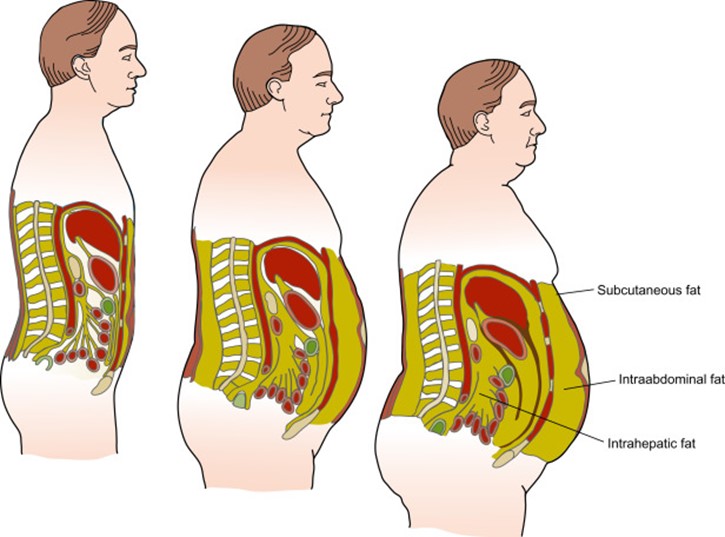A nurse is providing postpartum education about newborn feedings to a client who has recently given birth. Which of the following information should the nurse include about bottle feeding?
Feedings should be accompanied by nonnutritive sucking.
Feedings should be on demand.
Feedings should begin within 1 hr after birth.
Feedings may occur in clusters.
The Correct Answer is B
Choice A reason: Feedings should not be accompanied by nonnutritive sucking. Nonnutritive sucking is the act of sucking on a pacifier, finger, or other object without getting any nutrition. Nonnutritive sucking can interfere with the establishment of breastfeeding, cause nipple confusion, and reduce milk supply.
Choice B reason: Feedings should be on demand. On demand feeding means feeding the newborn whenever they show signs of hunger, such as rooting, sucking, or crying. On demand feeding helps the newborn regulate their appetite, meet their nutritional needs, and bond with their caregiver.
Choice C reason: Feedings should not begin within 1 hr after birth. This instruction is applicable for breastfeeding, not bottle feeding. Breastfeeding should begin within 1 hr after birth to initiate milk production, stimulate uterine contractions, and transfer colostrum to the newborn. Bottle feeding can be delayed until the newborn is stable and alert.
Choice D reason: Feedings may not occur in clusters. Cluster feeding means feeding the newborn more frequently and for longer periods of time during certain times of the day or night. Cluster feeding is common in breastfed newborns, especially during growth spurts or developmental leaps. Bottle fed newborns may not exhibit cluster feeding, as they tend to have more consistent and predictable feeding patterns.
Nursing Test Bank
Naxlex Comprehensive Predictor Exams
Related Questions
Correct Answer is A
Explanation
Choice A reason: Abdominal obesity is a risk factor for developing diabetes mellitus. Abdominal obesity, also known as central obesity or visceral fat, is the accumulation of fat around the abdomen and organs. Abdominal obesity can cause insulin resistance, inflammation, and metabolic syndrome, which are all associated with diabetes.
Choice B reason: Elevated HDL level is not a risk factor for developing diabetes mellitus. HDL stands for high-density lipoprotein, which is a type of cholesterol that carries excess cholesterol from the tissues to the liver for disposal. HDL is also known as "good" cholesterol, as it helps protect against heart disease and stroke. A high HDL level is desirable and beneficial for health.
Choice C reason: History of hypotension is not a risk factor for developing diabetes mellitus. Hypotension means low blood pressure, which is usually defined as less than 90/60 mm Hg. Hypotension can cause symptoms such as dizziness, fainting, fatigue, and blurred vision. Hypotension can be caused by dehydration, blood loss, medication side effects, or other conditions.
Choice D reason: History of hyperthyroidism is not a risk factor for developing diabetes mellitus. Hyperthyroidism means overactive thyroid gland, which produces too much thyroid hormone. Thyroid hormone regulates metabolism, growth, and development. Hyperthyroidism can cause symptoms such as weight loss, nervousness, palpitations, heat intolerance, and insomnia. Hyperthyroidism can be caused by Graves' disease, thyroid nodules, or thyroiditis.

Correct Answer is B
Explanation
Choice A reason: Consume ten percent of total calories from saturated fat is not a correct instruction for the DASH diet. The DASH diet recommends limiting saturated fat intake to less than six percent of total calories, as saturated fat can raise blood cholesterol and increase the risk of heart disease.
Choice B reason: Consume foods that are high in calcium is a correct instruction for the DASH diet. The DASH diet emphasizes eating foods that are rich in calcium, such as low-fat dairy products, leafy green vegetables, and fortified cereals. Calcium helps regulate blood pressure and prevent osteoporosis.
Choice C reason: Increase intake of refined carbohydrates is not a correct instruction for the DASH diet. The DASH diet advises reducing intake of refined carbohydrates, such as white bread, white rice, and sweets. Refined carbohydrates can increase blood sugar and insulin levels and contribute to obesity and diabetes.
Choice D reason: Limit sodium intake to 3,200 milligrams per day is not a correct instruction for the DASH diet. The DASH diet recommends limiting sodium intake to less than 2,300 milligrams per day, or even lower to 1,500 milligrams per day for some people. Sodium can increase blood pressure and fluid retention and damage the kidneys and blood vessels.
Whether you are a student looking to ace your exams or a practicing nurse seeking to enhance your expertise , our nursing education contents will empower you with the confidence and competence to make a difference in the lives of patients and become a respected leader in the healthcare field.
Visit Naxlex, invest in your future and unlock endless possibilities with our unparalleled nursing education contents today
Report Wrong Answer on the Current Question
Do you disagree with the answer? If yes, what is your expected answer? Explain.
Kindly be descriptive with the issue you are facing.
